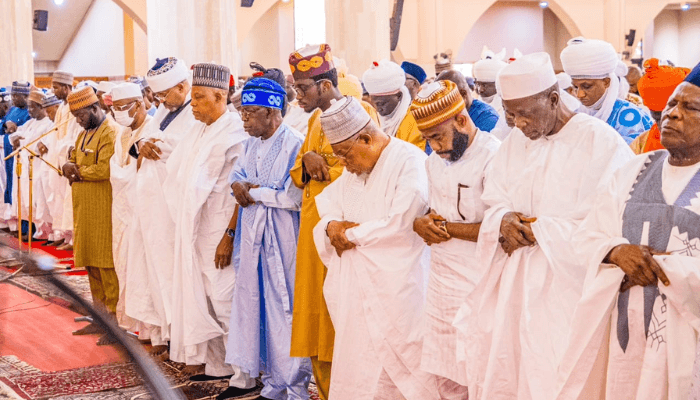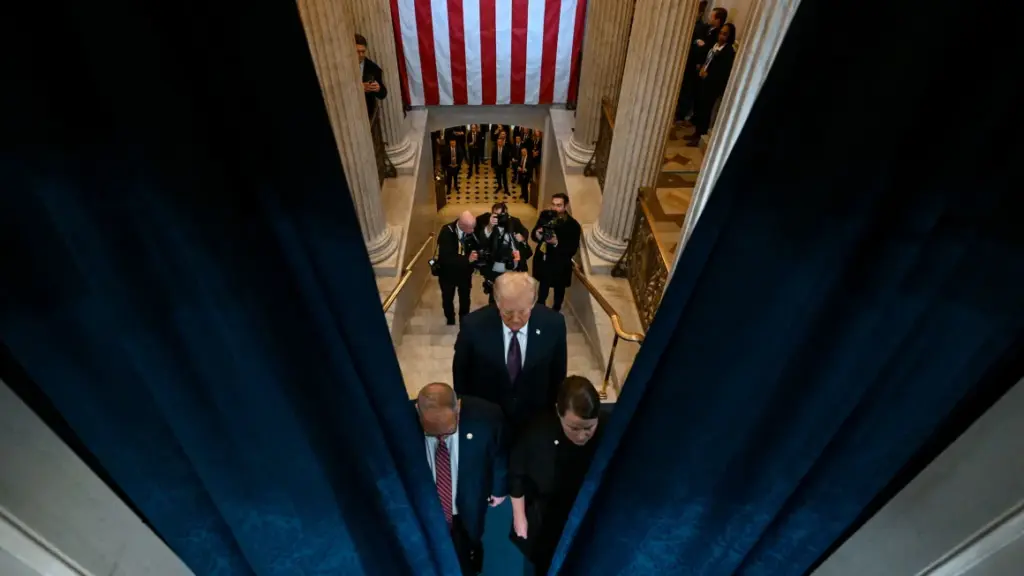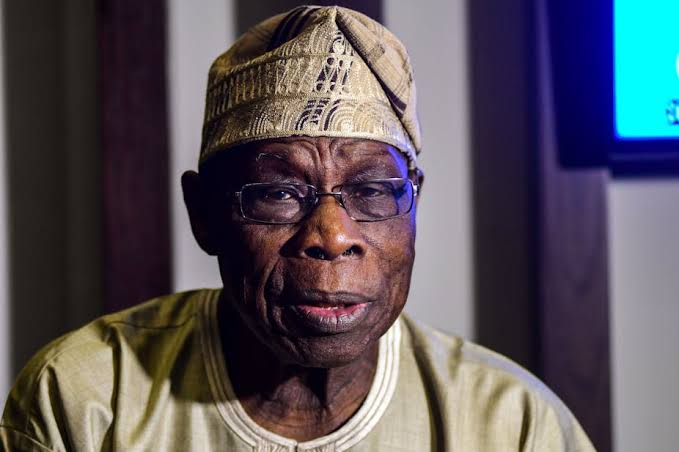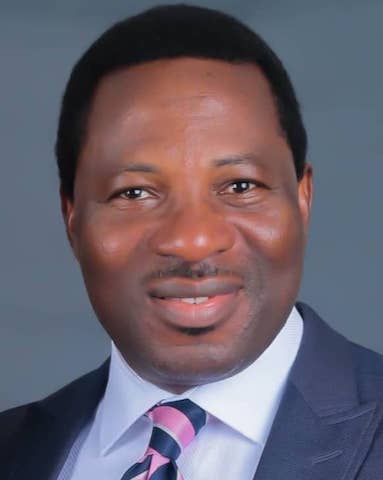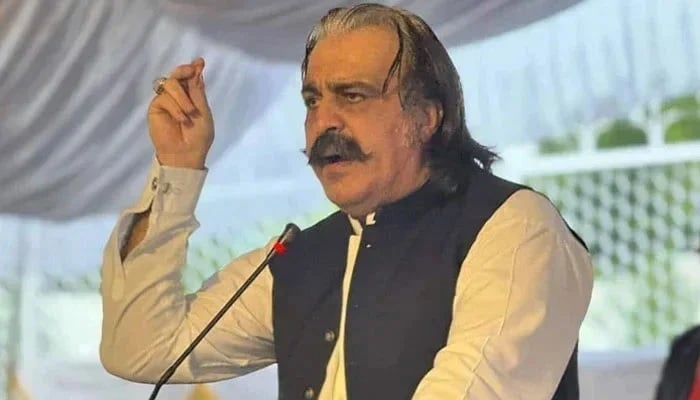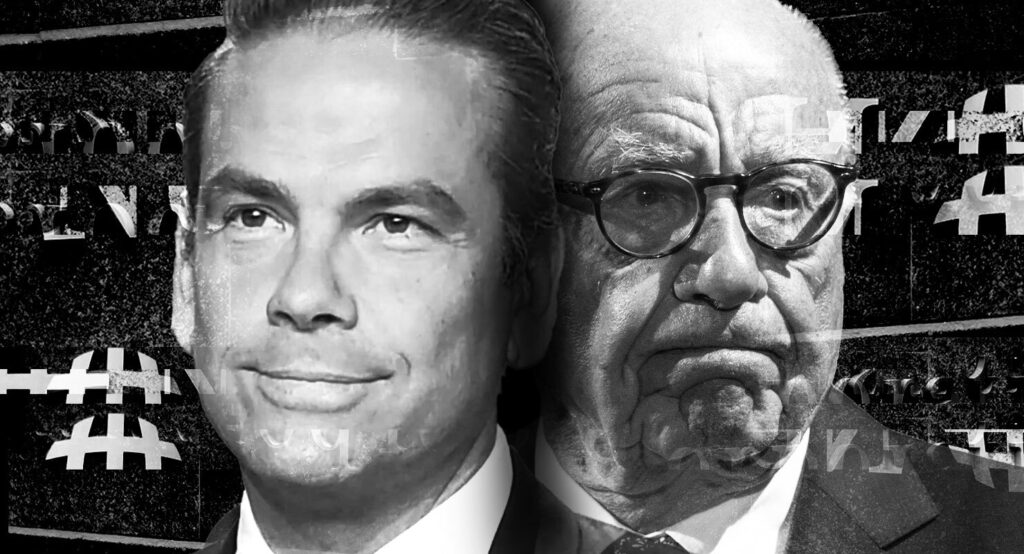Why the French Far Right Triumphed

Politics tamfitronics
On Sunday, France voted in the first round of its National Assembly elections, which were called by President Emmanuel Macron earlier this month, three years before they were scheduled. The result was that the far-right National Rally—the party of the former Presidential candidate Marine Le Pen—scored approximately thirty-four per cent of the vote, followed by an alliance of left parties, with around twenty-eight per cent of the vote, and Macron’s centrist coalition in third place, with twenty-one per cent of the vote. The specific seat-by-seat results are not yet known, but the far right appears to be on the verge of either a legislative majority—which would mean that the National Rally would likely get to choose the next Prime Minister—or a hung Parliament, with the far right in control of the most seats. (The second and final round of the election, consisting of runoffs in individual constituencies, will take place on July 7th.)
Macron’s shocking decision to call the vote—the first snap elections since 1997—came immediately after the far right exceeded expectations in European Parliamentary elections, and was intended to blunt the far right’s rise, which Macron has deemed a threat to the future of France. Macron insisted the French come out to vote, and indeed they did—turnout was almost one and a half times as high as during the last National Assembly election—but the results merely showed the far right’s strength. (The next Presidential election is scheduled for 2027; Macron will not be able to run again.)
To discuss the results, I spoke by phone with Cécile Alduy, a professor of French studies at Stanford and a specialist on the French far right. During our conversation, which has been edited for length and clarity, we discussed why Macron took such a huge gamble, how the relationship of the French people to the far right has changed in the past decade, and whether the center and left can unite on July 7th and in the future.
What is your main takeaway from the first-round results?
Macron made this huge gamble that a snap election could restore a majority for his coalition, and that the opposition would not have time to prepare and rally their own troops, and he has lost his gamble. But actually the unequivocal lesson is that Macron’s alliance has taken a huge hit. They could lose almost two hundred seats. This is huge, and the only reason that there was this election is that Macron decided to have it.
And then there is the fact that the turnout was tremendous, which means that the results that we get in percentage points correlate to extremely high numbers of people voting. And so the thirty-four per cent for the National Rally, which is in and of itself unprecedented, corresponds to about twelve million individuals going to cast a National Rally ballot. That’s a huge mobilization, and almost as much as Marine Le Pen got in the final round of the Presidential election in 2022. That’s staggering.
Macron had essentially said when he called the snap election that this was a hinge moment for the future of the French Republic and that people needed to show up. And so I think there was some hope that, if turnout was this high, it would mean that voters had come out to reject the far right.
That’s exactly what I’m trying to say. The expectation was that turnout would be much higher than in 2022, the last time we also had elections for the National Assembly, and people thought this would mean that people were mobilizing against the far right. But actually what happened is everyone mobilized their troops. So the far right managed to gather even more momentum than three weeks ago during the European Parliamentary elections, and gain in numbers of votes, in percentage points, and in millions of people going to cast a ballot for them.
For a long time, political scientists and commentators were of the opinion that a large part of the reason people voted for the far right was to express their protest against the establishment. It was a quiet anger and frustration. So it was a choice by default. But you can’t say that anymore. Many people believe in what the National Rally is proposing, and they’re gathering toward it. It is in favor of a specific agenda. So I think it’s mind-blowing in terms of not just the results but what it means in the change in the French population, in what they view as desirable for the future of France, honestly.
I can imagine American readers saying that thirty-four per cent doesn’t seem like that much. Donald Trump won forty-seven per cent of the vote in 2020. But it does seem, at least from my limited knowledge of France, that, given the multiparty nature of the system, parties will often advance to the second round in Presidential elections with votes in the twenties. So thirty-four per cent is incredible.
Tremendous. Yeah, even very established governing parties like the French Republican Party, or the Socialist Party, fifteen years ago, if they got thirty per cent in the first round, they would have be so happy.
These are the center-right and center-left parties, respectively—the sort of traditional center-right and center-left parties, which have really fallen since then.
Yes. And that was a huge victory, because we are in a two-round system. It’s not a bipolar model, as in the U.S. You have a number of candidates. That means that the votes are dispersed around in the first round. In the second round, you could still have two or three or sometimes even four candidates, but this is where you’re going to win that seat. And to come to the second round with so much momentum is mind-blowing.
So why did Macron do this?
There are the official reasons, and there are the electoral reasons, and then there are the psychological reasons. I think the official reason was, O.K., the European elections showed a strong rejection of the President’s coalition, which landed at fourteen per cent, which is abysmal. And there was this risk that the current government would not be able to pass new laws, because they don’t have an absolute majority in congress. And so they had to force through retirement reform, and immigration reform. And it was becoming really difficult to pass legislation and therefore have any concrete action in government. So he wanted to reshuffle everything and have voters face their responsibilities of deciding what direction they wanted the country to go toward.
The electoral reason was that the snap election was so quickly organized—it’s the shortest campaign in France since 1958. Three weeks to organize administratively, officially, make alliances, find candidates, etc. And the calculus was that the majority parties were already very organized and united. The left was in shambles and divided. And the National Rally is not very organized and would not be able to make any alliance because they had been ostracized for so long. But the left organized in four days and created this new coalition. And the National Rally managed to find allies in the ranks of the Republican Party. And that changed the entire outcome.
And the third reason for the snap election, and it’s not me psychologizing Macron, but reports from how the decision was made and from insiders, is that he has always wanted to present himself as the savior against the risk of Marine Le Pen in the Presidential election, the savior when COVID-19 hit France—and he decided there was a war against COVID—the savior of the political system in 2017, and a disruptor.
And so this attitude of being the person that can change history, disrupt history, and save it from itself has been his own personal narrative, his own storytelling. And he started to feel he did not have any more room to maneuver, to act, to be the proactive President who writes history because of this kind of relative majority he had. And he wanted to reshuffle the thing and create something historical. I think the result is not exactly what he had in mind, but there is a psychological element of someone who is imbued by a sense of his own might and power to change history. And he did not consult with many people. This was a very solitary decision. So there is the psychological element of a personality who’s very narcissistic, in the way he exerts power with very little counsel from others, very little desire to consult different branches of government, for instance, like the leader of the Senate, as he was supposed to do, according to the constitution.
Discover more from Tamfis Nigeria Lmited
Subscribe to get the latest posts sent to your email.



 Hot Deals
Hot Deals Shopfinish
Shopfinish Shop
Shop Appliances
Appliances Babies & Kids
Babies & Kids Best Selling
Best Selling Books
Books Consumer Electronics
Consumer Electronics Furniture
Furniture Home & Kitchen
Home & Kitchen Jewelry
Jewelry Luxury & Beauty
Luxury & Beauty Shoes
Shoes Training & Certifications
Training & Certifications Wears & Clothings
Wears & Clothings





